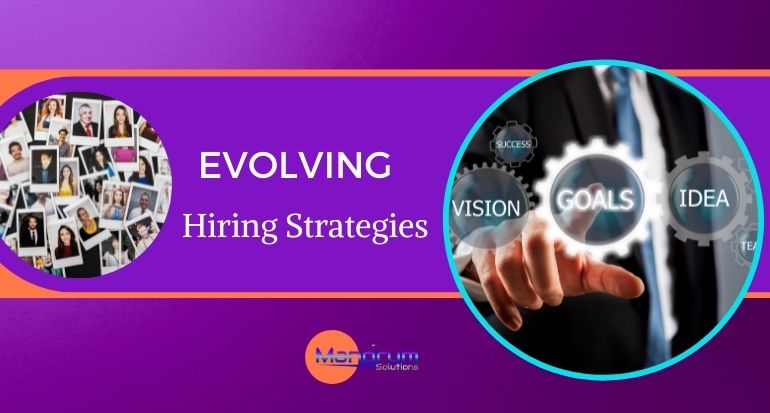Talent Management in a Changing Manufacturing Landscape
The manufacturing industry is constantly evolving due to globalization, technology advancements, increased competition, and a relentless pursuit of profitability and efficiency. These shifts have necessitated a reevaluation of how manufacturing companies handle their talent management. The traditional approach that focused on the linear process of acquisition, engagement, and retention has become less effective in the post-Covid manufacturing industry and the wake of the ‘Great Resignation’.
The Struggle for High-Quality Talent
In both prosperous and lean economic times, many manufacturers grapple with the demanding task of hiring highly skilled labor, such as engineers or designers. As technology continues to advance and manufacturing processes become increasingly complex, the demand for such skilled workers has surged. These employees are highly trained, experienced, capable of complex troubleshooting, and able to problem-solve with minimal supervision. But as they’re in high demand, attracting and retaining these talents becomes a competitive endeavor.
Generational Differences and Talent Management
Once the right team has been assembled, manufacturing companies often face the conundrum of how to manage them effectively, particularly given the generational differences that now characterize the workforce. This has prompted many manufacturers to rethink their talent management strategies. One innovative approach gaining traction is the ‘holistic model’.
The Holistic Approach to Talent Management
The holistic model adds three major interlocked aspects—development, deployment, and connection—to the conventional trifecta of acquisition, engagement, and retention. It emphasizes capability, commitment, performance, and alignment. Connection, a particularly vital aspect, resonates with younger generations who yearn to work beyond traditional functional boundaries and engage in more challenging initiatives.
Their interests often extend beyond their initial job descriptions. To attract and retain such talent, flexibility is key, along with a welcoming culture. Concepts such as remote or hybrid work arrangements have become increasingly important.
Navigating the Future of Talent Management
As manufacturing industries strive for global expansion, profitability growth, and productivity enhancement, the significance of talent management will continue to rise. The increasing scarcity of talent and fierce competition both globally and within specific industries underscores the criticality of this aspect.
Are there any generational differences you’ve noticed among employees that have intrigued or enlightened you?
Anjela Mangrum, founder of Mangrum Solutions, is your go-to expert for Operations & Supply Chain Management Recruitment in the manufacturing universe! Fueled by her passion for connecting exceptional candidates with amazing opportunities, her firm’s energetic and lively approach ensures a thrilling and memorable experience for all involved. Dive into the excitement—join our MVP Networking Group and follow us on LinkedIn for the freshest news, savvy tips, and buzzworthy trends in manufacturing recruitment. Mangrum Solutions—your winning partner in hiring success!


